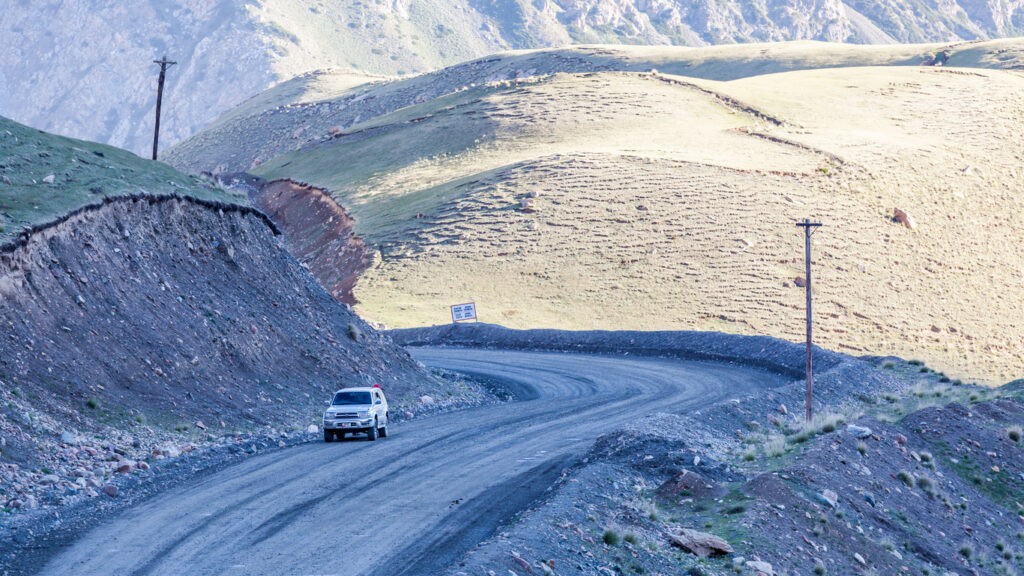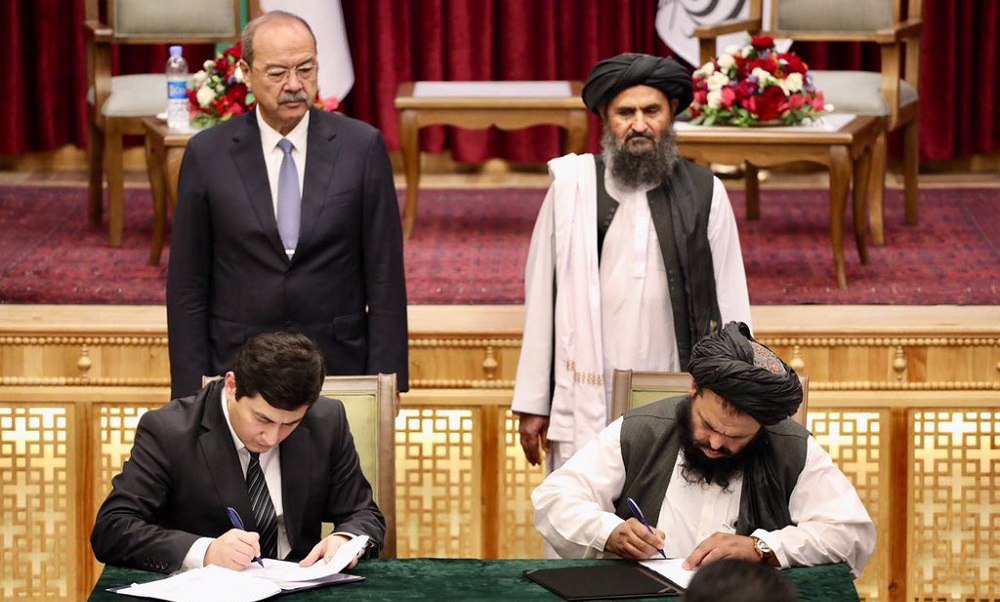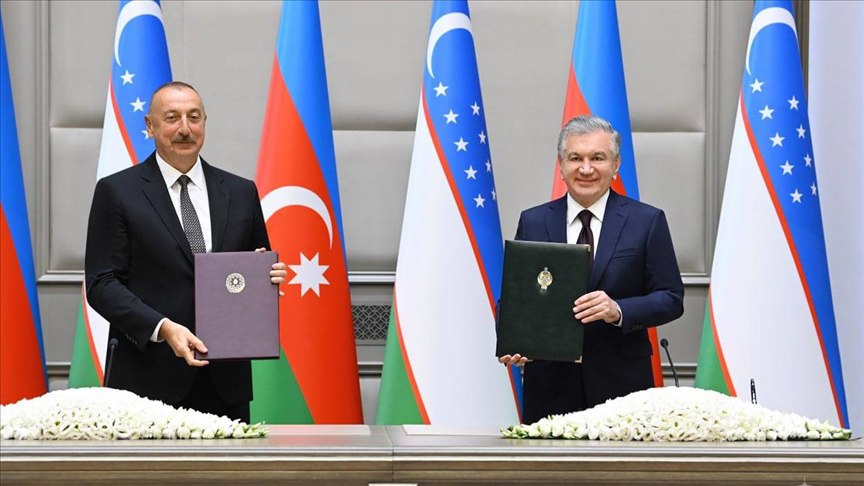On August 22, at the invitation of Shavkat Mirziyoyev, President of Azerbaijan, Ilham Aliyev, arrived in Uzbekistan on a state visit. The event, covered by the presidential text service, included a report on a meeting between the presidents, and the first sitting of the Interstate Supreme Council on August 23, at which Mirziyoyev announced: “Today, we will sign the Treaty on Union Relations. For several years, we have raised Uzbekistan-Azerbaijan relations to the highest level of interstate cooperation." The Uzbek president then referred to the 30th anniversary of diplomatic relations between Uzbekistan and Azerbaijan, to be celebrated next year and in turn, Mirziyoyev proposed commemorating the date and declaring 2025, 'Year of Economic Cooperation between Uzbekistan and Azerbaijan'. As a result of the meeting, an agreement was made to adopt a comprehensive program covering 20 prioritized sectors. Cooperation on a portfolio of projects, worth over 2 billion dollars, in energy, chemistry, mining, textile, agriculture, urban development, and other areas was established, and agreement met on increasing the number of air flights, easing surface and air transport procedures, and digital solutions. Mirziyoyev proposed establishing a mechanism for regular meetings between rectors of the two countries' leading universities and holding a joint media forum. Prospects of building tourism and business complexes in the capitals were also discussed to increase the flow of tourists, humanitarians, and business exchanges. In addition, the presidents signed an Agreement on Union Relations, adopted at the first meeting of the Interstate Supreme Council. The meeting closed with a ceremonial signing of bilateral documents comprising: ¾ Intergovernmental agreement on labor activity and protection of citizens’ rights; ¾ Practical action plan for further expansion of trade, economic, and investment cooperation; ¾ Memorandum on cooperation in the fields of preschool education, vocational education, secondary special education, higher education, and science; ¾ Action plan in the field of tourism for 2024-2026; ¾ Cooperation program for 2024-2026 between the Ministry of Justice of Uzbekistan and the State Agency for Citizen Services and Social Innovation under the President of Azerbaijan; ¾ Memorandum on cooperation between the Center for Professional Development of Lawyers under the Ministry of Justice of Uzbekistan and the Academy of Justice of the Ministry of Justice of Azerbaijan; ¾ Agreement on cooperation between the National Guard of Uzbekistan and the Ministry of Internal Affairs of Azerbaijan, and ¾ Memorandum on cooperation between centers of forensic expertise. During the event, the presidents also met with representatives of companies from both countries including Azerbaijan’s PASHA Holding, SOCAR, SOFAZ, Agalarov Development, Silk Way Group, Matanat, Sarda Group, AzerGold, Azermash, Azerbaijan Investment Holding, Azerbaijan Railways, and Alyat Free Economic Zone. The meeting concluded with the launch of various cooperative projects ranging from the construction of hotel and residential complexes in Tashkent and building material production in the Kashkadarya region (Uzbekistan), to the establishment of textile clusters and a sewing factory in Azerbaijan. To mark the end of the state visit, the two presidents and their wives attended in a concert featuring artists from the two countries.






